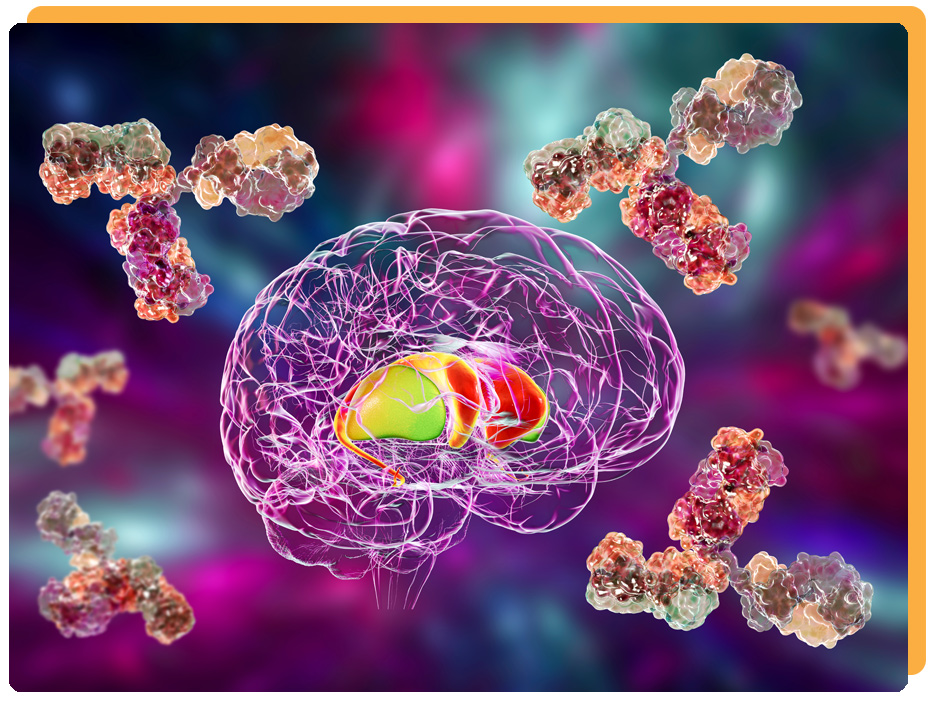Can you develop OCD?
Many people engage in obsessive compulsive behaviors at some point in their life, but these behaviors typically don’t affect their daily functioning. Most of these individuals don’t necessarily develop OCD, as it’s clinically defined. On the other hand, people with clinically defined OCD develop symptoms that bring enormous distress and are, at times, disabling.
While the exact etiology of OCD is unknown, it is believed to be caused by a number of factors, including genetics, neurologic abnormalities, and environmental influences.
In recent years, researchers have discovered that infections, such as strep, can trigger an autoimmune response resulting in OCD-like behaviors.
Can you develop OCD?
Individuals who develop OCD suffer from persistent, intrusive thoughts and feelings (obsessions) so extreme that it drives them to perform obsessive behaviors (compulsions) to alleviate their anxiety. The behaviors can wax and wane in severity and present differently in every individual. In most cases, OCD will develop gradually.
Patients who develop an abrupt and sudden onset of obsessions and/or compulsions, may have an underlying organic cause, such as an infection, triggering their symptoms.
For example, pediatric patients who develop an abrupt onset of OCD or worsening of symptoms during or following a Group A strep infection may, in fact, have a condition known as Pediatric Autoimmune Neuropsychiatric Disorder Associated with Streptococcal infections (PANDAS).
Patients who develop an abrupt and sudden onset of obsessions and/or compulsions, may have an underlying organic cause, such as an infection, triggering their symptoms.
For example, pediatric patients who develop an abrupt onset of OCD or worsening of symptoms during or following a Group A strep infection may, in fact, have a condition known as Pediatric Autoimmune Neuropsychiatric Disorder Associated with Streptococcal infections (PANDAS)..
Recognizing autoimmune-induced OCD
Recognizing autoimmune-induced OCD is important, since treatment involves eradicating the infection(s) and treating with immunomodulatory therapies.
OCD typically appears in children around age 10 or in young adults. 1 Older individuals or very young children rarely develop OCD. 2
In fact, one study found that out of 1,000 OCD patients, only 5 had their initial symptoms develop later in life. 3
Studies indicate that when individuals develop OCD after age 50, it’s typically due to an organic cause. 2

Take Our Quiz
Answer a few questions to find out if you might benefit from testing with the Autoimmune Brain Panel™.

Learn More About Testing
Are you struggling with treatment-resistant OCD? It may be due to an autoimmune response.

Autoimmune dysfunction mimics OCD
Various infections can ignite an abnormal immune response, resulting in OCD-like symptoms. In some people, the immune system responds to an infection by producing autoantibodies that not only fight the foreign pathogen but also mistakenly attack health cells in a region of the brain known as the basal ganglia.
This autoimmune attack causes inflammation in that region of the brain and disrupts normal neuronal cell functioning, resulting in the onset of neuropsychiatric symptoms, which may include obsessions and compulsions.
References
- Barry Sarvet. Childhood Obsessive-Compulsive Disorder. Pediatrics in Review. Jan 2013, 34 (1) 19-28. http://pedsinreview.aappublications.org/content/34/1/19
- Tonna, M., Ottoni, R., Ossola, P. et al. Late-onset obsessive-compulsive disorder associated with left cerebellar lesion. Cerebellum. (2014) 13: 531. https://www.ncbi.nlm.nih.gov/pubmed/24771488
- Anthony P. Weiss, M.D., and Michael A. Jenike, M.D. Late-Onset Obsessive-Compulsive Disorder. The Journal of Neuropsychiatry and Clinical Neurosciences. 1 May 2000. https://www.ncbi.nlm.nih.gov/pubmed/11001607
- Gerentes, M., Pelissolo, A., Rajagopal, K. et al. Obsessive-Compulsive Disorder: Autoimmunity and Neuroinflammation. Current Psychiatry Report. (2019) 21: 78. https://link.springer.com/article/10.1007%2Fs11920-019-1062-8
- Attwells S, Setiawan E, Wilson AA, et al. Inflammation in the Neurocircuitry of Obsessive-Compulsive Disorder. JAMA Psychiatry. 2017;74(8):833–840. https://jamanetwork.com/journals/jamapsychiatry/fullarticle/2631893
